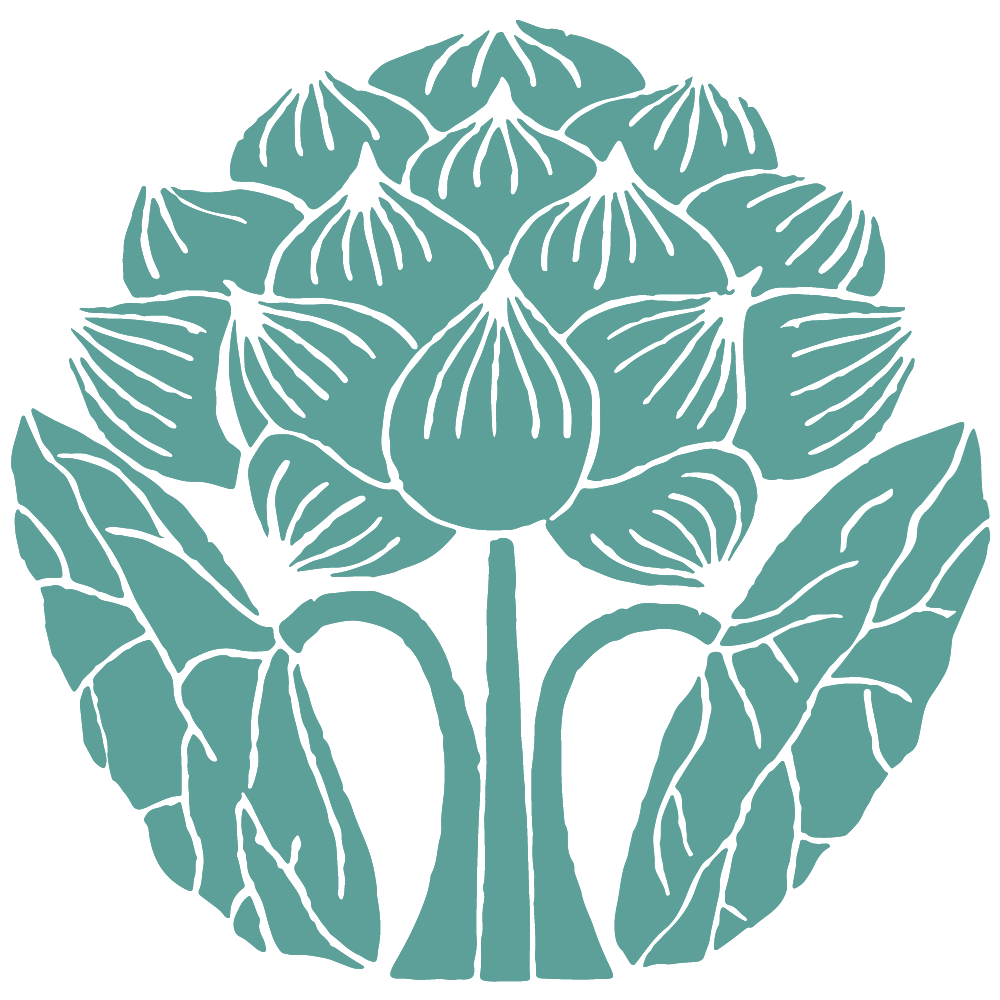This is a term traditionally used to indicate anything in the diet or regimen that may disturb or extinguish the action of a homeopathic remedy. Samuel Hahnemann wrote an extensive footnote in his central work, The Organon of Medicine, in which he enumerated a large number of things he believed fell into this category. It includes many foods, drinks and spices such as salad, pork, ice cream, celery, coffee and most spices which are in common use today, though they no doubt were rarities in early 19th century German cuisine. Also included were things life wearing woolen clothes next to the skin, reading in a horizontal position, keeping late hours, mental and physical overexertion as well as a sedentary lifestyle.
Although not mentioned in this particular passage, it was a matter of course that other medications, be they allopathic, herbal or homeopathic (other than the one prescribed) be avoided
We live in much different times and most of us live in very different places. It is nearly impossible for modern peoples to follow the constraints that Hahnemann placed on his patients. To ask an office worker to not sit too much, an American to avoid salad, an Indian to avoid spices or a diabetic to stop insulin is both futile, counter-productive and in some cases quite dangerous. Fortunately, the action of homeopathic remedies seems to be more powerful and enduring than Hahnemann thought. Homeopaths worldwide have successfully treated persons who do not follow an ideal diet or lifestyle, as well as people who are taking medications.
One possible explanation for the difference between the experience of Hahnemann and modern day homeopaths is that he was working with a very limited number of medicines, approximately one hundred, while today we have thousands at our disposal. Perhaps this greater availability allows for a more accurate prescription and therefore more effective results.
But this is not to say that there exist no obstacles to cure or that it is possible to ignore them altogether. But if you talk to one hundred homeopaths, and you will find that they probably will hold one hundred opinions on the matter based on personal experience or education. For instance, coffee has long been considered as an antidote to homeopathic medicines - in the times of Hahnemann as well as today.
Yet, I know of an experiment done by a homeopath in which he randomly proscribed the use of coffee to some of his patients and allowed it for others. The idea came to him after his mother-in-law, to whom he had prescribed a remedy and forbad her from drinking coffee, reported wonderful results and that she had totally ignored that nonsense about giving up coffee. In his own experiment, he noticed no difference in the results between the coffee drinkers and abstainers.
On the other hand, my own experience is slightly different. Some patients do fine with coffee and there are some for whom the coffee seems to have a deleterious effect. This latter group also falls into two categories: those for whom coffee is an actual antidote for their homeopathic remedy and those for whom coffee has a negative physiological effect regardless of whether they are taking homeopathic remedies or not. It is for that reason I suggest to my patients to avoid coffee as much as possible.
In general, when it comes to diet, I have found that the possibility of remedies being antidoted is much less of a concern than the physiological consequences of inappropriate choices. This is a very individualized issue and while there are some general guidelines I usually offer - such as a low carbohydrate anti-inflammatory diet (and yes, no coffee – or as little as possible), more specific advice must be tailored to the person.
Extreme conditions, be they related to work or family, can hinder the progress of homeopathic treatment. But on the other hand, I have also seen well chosen remedies enable people to make better choices about their lives and remove themselves from such conditions. In situations where this is not possible, such conditions, as in Hahnemann’s time, can be obstacles to cure.
Of greatest concern though in a modern homeopathic practice is the issue of pharmaceutical medications or other allopathic treatments. It is a highly complex problem with many different facets. There are many cases where homeopathic treatment is quite effective even though the person is on medication. Depending on the patient, the disease and the medication this may allow a person to either eliminate or reduce the medication.
On the other hand, there are those cases when medication presents a much greater challenge. It may be that the drugs themselves are causing a significant amount of symptoms or it could be that they are so powerful or prescribed in such abundance that the individualized nature of the person is quite obscured. While not necessarily an obstacle to cure, these situations will need to be managed with great care. Progress generally will be slower and in certain cases expectations lowered.
